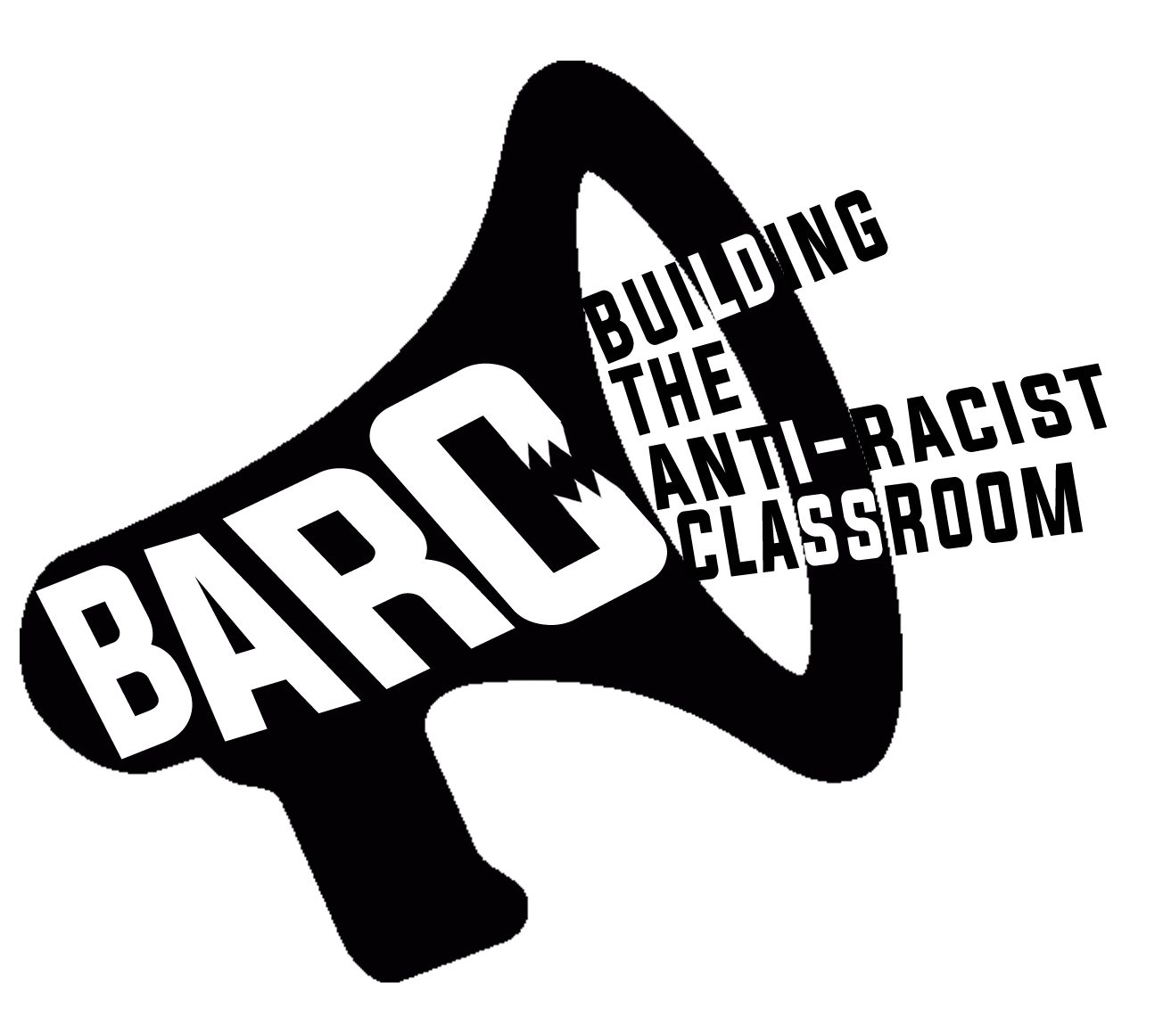Assembling at the Centre for Race, Education and Decoloniality at Leeds Beckett, BARC were welcomed by Professor Shirley Anne Tate for a weekend of reflection, community-building, and imagination for the future of higher education.
The Organising for Liberation workshop was held 15-16th June 2019, conceived and facilitated by the BARC Collective. The workshop sought to provide a space for mutual learning among educators and students of colour and white allies to engage with contemporary anti-racist theory in order to develop critique, knowledge tools and resources supporting the enhancement of pedagogy.
Day 1 - Context and conditions
After establishing our collective agreement for the principles of the space, the opening of the workshop invited discussion that centered our thoughts on the student. On one hand, the student that we typically see being positioned as ‘good’ through the practices, structures, and assumptions of our institutions, and on the other, the student who we - as educators and student-peers - yearn to see being recognised for their excellence. We examined our struggles with the marginalising effects of presenteeism, consumerism, and assessment regulations; and exchanged strategies for taking control of classroom power dynamics, sharing knowledge about rights and resources, and affirming the expertise that students of colour bring to the classroom.
In our Day 1 Keynote Conversation, Dr Akile Ahmet presented her stunning co-led photographic research project Race in the Academy that interrogates how spaces within higher education can be racialised and excluding. In conversation with Professor Shirley Anne Tate, our speakers highlighted the numerous institutional pressures faced by people of colour to alter our appearance and voice; and reflected on contexts and people who had resisted these to offer a sense of belonging.
Connecting with this idea of transforming spaces, actor, playwright, producer and teacher Dr Mojisola Adebayo led the group in an exercise exploring what an anti-racist classroom might look like. Drawing from her expertise in theatrical techniques, we were invited to experiment with embodying the changes needed to build it, and how situations might unfold differently in future.
In a final session, we led the group in an emergent process to generate concrete ideas about what our goals and capacities are both individually and collectively. Ideas to which we returned on Day 2.
Day 2 - Transformation and liberation
Energised by the first day of discussion, Day 2 started with a centering of voices on the topic of student activism in higher education, by mobilising a long table technique that we have adapted for decolonising work. We learnt from the experiences of students and staff involved in facilitating transformational movements, considering the responsibilities and issues of safety involved for all, the need for care of the self and others, and frustrations arising from responses to this work. A strong message was conveyed about the great impact that key mentors can have in the experiences of students of colour.
Engaging with the conversations held over the course of the workshop so far, Dr Francesca Sobande‘s Keynote talk delivered an incisive critique of the challenges and opportunitites of digital spaces for activism. Drawing on her co-edited volume To Exist is to Resist and her work on digital spaces, she shed light on the precariousness of people of colour in the academy, the dangers of co-optation, and the importance of being resistant.
The workshop was drawn to a close by Professor Tate, who, following her own reflections on how we might each engage in challenging the system of oppressions that face us, invited participants to come forward and occupy her own speaker’s chair.
Onwards
The Organising for Liberation weekender represented an exceptional event held in the academy, where students and staff of colour and anti-racist allies could assemble, talk freely, be our whole selves, and form community. Respecting the principles of the space, we are circumspect in what we judge may be shared here regarding the discussions held, but we were truly overwhelmed by the positive comments from participants on the value of the space that the workshop had created. It is also important that we continue to learn from feedback, from our mistakes and successes, and take our work forward to further conversations around important issues not yet held. We thank the participants of the weekender for raising these issues, for their generous participation, for trusting us, and for being with us as we move onwards together.
